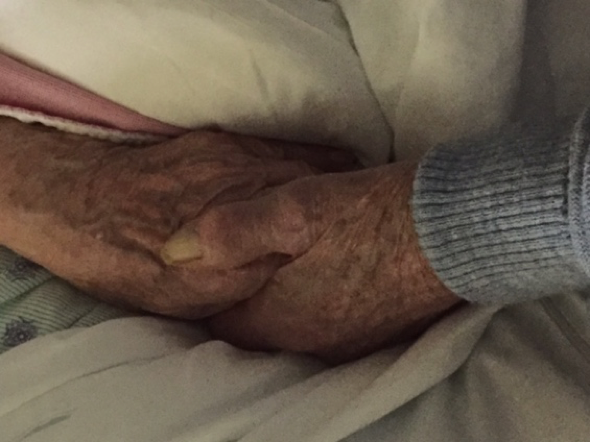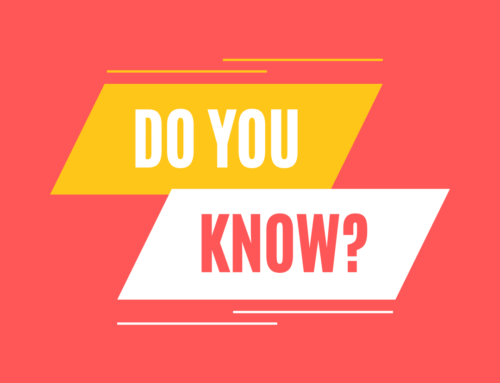My mother passed away last night. She did not “rage, rage against the dying of the light”, as Dylan Thomas, the Welsh poet wrote, but rather went quietly, gently on to the other side. It was a passing for which we prayed as she was on opiates every four hours to manage her pain. She waited until all of her six children were there – Ohio, Texas, Kansas, Colorado – and then quietly stopped breathing. I have witnessed birth before but never death. And so a generational legacy passed on to the next generation.
What was in that generational legacy? And we all leave one – beneficial, damaging, mixed, indifferent – to the next generation. I always thought that she was born before her time. She would have been a brilliant financial advisor, a nutritionist, or a teacher. She was a fabulous money manager, understood the impact of good healthy food before it was recognized, and was a no nonsense, no drama, loving disciplinarian. From her I learned the value of giving and providing support to others. She was deeply religious.
Part of a generational legacy is watching the adults in your life struggle with the issues of life – finances, relationships, illness, challenges, difficult personalities, sibling rivalries, and daily joys and irritations. (Some days it is as if a mosquito has buzzed you constantly.) Partly from that, we gather our own idiosyncratic understandings of how the world works and how to handle that world.

But one of the greatest legacies came after my mother died. Above is a picture of them holding hands the day before she died. My father, 93 years old, and in failing health, using his walker, with all of the medical attachments, made his way over to her bedside and held her hand and gave her a moving tribute to their 67 years together. He thanked her for her commitment, dedication, and caring to him for all the years, even when he was not always wonderful himself. He praised her for their life together – deep gratitude in the face of his loss.
As legacies pass on, as we each contribute to and are recipients of a legacy. I am reminded that we each, in our own way, contribute to the next generation.
Ruby K. Payne, Ph.D. is the founder of aha! Process and an author, speaker, publisher, and career educator. Recognized internationally for A Framework for Understanding Poverty, her foundational book and workshop, Dr. Ruby Payne has helped students and adults of all economic backgrounds achieve academic, professional, and personal success.








